How to Stop Yelling at Your Kids – 15 Proven Ways
Here’s how to stop yelling at your kids even when you really want to.
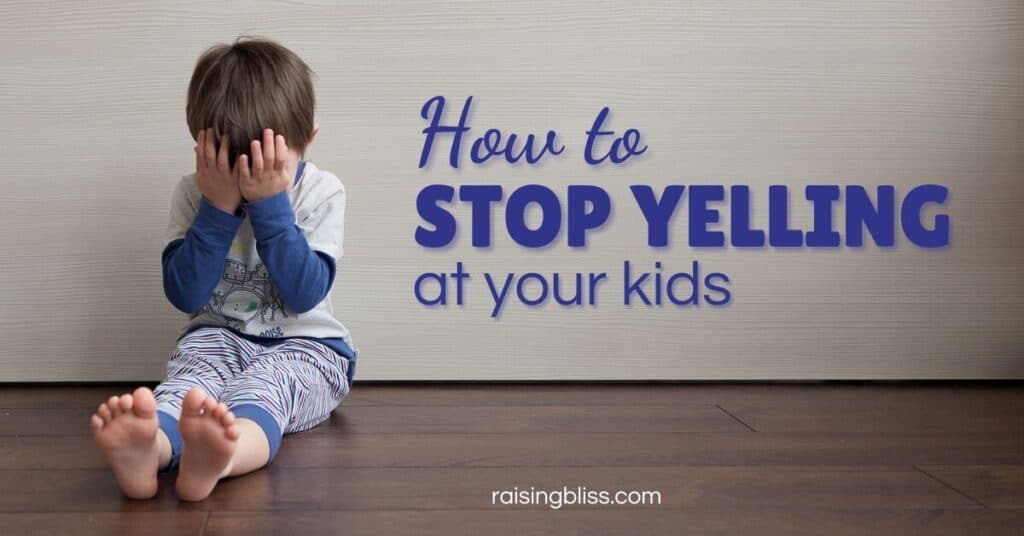
Want to remember this article? PIN it to your favorite Pinterest board.
I walked into my bedroom and locked the door. It was one of those days when nothing seemed to go right. And to top it all off, my little kids were not cooperating.
I yelled at my children and regretted it immensely. I couldn’t stand feeling like this. Frustrated, angry, and helpless.
Most moms know this feeling. Your child just pulled the last straw and you feel the frustration and anger rising fast. In the heat of the moment, you’re having a hard time calming yourself and you are THIS close to letting your negative emotions take over and letting that momster loose with a roar.
It’s no secret that kids’ behavior can make moms lose control of their own emotions. Raising kids is hard work as it is. Add to it the pressure of all other responsibilities moms have, and it’s no wonder moms yell sometimes. Any mom can feel tired, irritated, and upset, and that’s normal.
But how do we stop those feelings from taking over and changing our entire mood, and the mood of those around us? How do we stop turning a bad day into an even worse one?
Is yelling at kids really that bad?
In the heat of the moment, we might think that yelling at our kids isn’t that bad. We might even think that yelling is better than physical punishment. But is it really better?
National Institutes of Health held a study where they found that yelling at kids makes them more aggressive, both verbally and physically..
When a parent yells to discipline children for bad behavior, it may not cross their mind at the moment that yelling is having psychological effects on their kids. But it does. It affects their mental health and nervous system. Yelling has this effect even without harsh verbal discipline, verbal abuse, or name calling.
At some point, a parent that yells might even notice their child’s behavior change as they begin showing more angry outbursts. This is often when parents realize that something isn’t working and needs to change.
If you’ve ever felt guilty for yelling at your kids, even “for good reason”, I have good news. There are better ways of dealing with your frustration that don’t involve yelling.
Take a look at these 15 things you can do to stop yelling at your kids and put an end to the vicious cycle of yelling, feeling guilty, and then yelling again.
15 Ways to stop yelling at your kids
1. Check-in with yourself
The first step and a good place to start is to check in on yourself like you’d check in on your best friend.
Are you tired? Didn’t sleep well? Are you having a bad day? Is your cycle about to start? Did you have a frustrating conversation with someone? Did you get some bad news?
Realize that you’re a real human being with real feelings, and be more aware of your emotions. Remind yourself that you’re not feeling your best (more on that later) and that you might be more irritable than you are normally.
2. Know your triggers
Recognize that you have triggers and know what they are. Is there anything that your child does that makes you tick every time? Hitting his brother? Intentionally spilling food on the floor? Putting the empty milk container back in the fridge?

Be aware of your triggers and you’ll be more prepared in dealing with your sudden emotions when that button is pressed.
3. Be proactive
If you feel your frustration rising, it’s time to clear your plate for the day. It’s not always possible, but there are at least a couple of things on your to-do list that you can skip in an effort to avoid the extra pressure.
Try to take it easy for the rest of the day. Take this step before you get to the boiling point.
4. Breathe
Breathing deeply does wonders! As soon as you feel that fluttering in your chest, those shoulders tighten up, or that jaw clenched, close your eyes, and take a deep breath.
Breathe deeply and slowly at least five times. When you open your eyes, that rising feeling of anger will be tamed.
It might be hard to stop and breathe when you try it for the first time. But as you do it more often, you’ll feel its calming effect, and it will become easier to do.
Breathing deeply and intentionally is a very positive habit to have, as it has many health benefits.
5. Sing!
This is my personal favorite. I have a song I sing when I begin feeling frustrated. It grounds me and takes my mind off of the subject that frustrates me for a minute or two. This gives me time to calm down and stay calm.
Whether you can hold a tune or not doesn’t matter. You’re not competing for a prize. You’re being an amazing mom. Sing your frustration away, and if dancing is your jam, add it to the mix.

Afraid your kids might think you’re weird? Great! It’ll stop them in their tracks and they’ll stare at you in amazement.
They may even join you, and this will lighten the mood. Sometimes there’s no better cure to a gloomy temper than a Hakuna Matata tune.
6. Take 5
Walking away for 5 minutes removes you from the situation and gives you space, which will help relax the tension.
This is not always possible, of course. When your child decides to see if the dinner plate flies as well as a frisbee, it’s not exactly a good time to leave him to his own devices. But when possible, take a few minutes to calm down before reacting.
7. Refresh
Splash your face with cold water. It sounds elementary, but it works. Don’t want to ruin your makeup? No problem, wet your hands and refresh your neck instead.
8. Block
A very effective way to block words you might later regret from coming out is taking a mouthful of water. Here’s the trick: Don’t swallow it until you’ve calmed down.

9. Smell
Do you have a favorite perfume, body spray, or essential oil blend? Smells have a direct route to the areas of our brain related to emotion and memory.
Use a scent that you especially love or one that brings back pleasant memories. Love coffee? Smell the inside of a bag of coffee grains to bring you back to center.
10. Reminisce
Think back to when your child was a newborn. You counted those tiny little fingers and toes, you kissed those rosy cheeks. You stroked her tiny little head that felt like the gentlest velvet beneath your fingertips. You held her as she was snoozing on your chest, and breathed in that delicious newborn scent.

You were so thankful she was yours. You are still thankful she is yours. Think about how it felt to have this new little human depend on you.
She depended on you to feed, change, and nurture her. She depended on you to soothe her cries, and to rub her back in an effort to calm her.
She still depends on you for all that and more. Remember how it felt like to hold your little baby in your arms. And then hold her again, even if she’s not that little anymore.
11. Imagine
Imagine how your child feels when he is yelled at. Imagine yourself in his shoes. Maybe he had a rough day, too? Maybe something else is going on that you’re not aware of?
Talk to him and try to see the situation from his perspective. Ask him questions, and if he won’t answer, just be there for him.
Eventually, after he begins seeing you as someone who will listen without diminishing the importance of his feelings, he will begin to confide in you.
Kids go through hard things too, and if those things seem minuscule to us adults, it does not make them any less important or impactful to them. Make them feel like you understand, and you both will feel better.
12. Bond
Build a strong bond with your children. Remember, they are not an inconvenience, they are a blessing. They’re real people, building real character. Be their friend, their guide, and their confidant.
Spend some intentional one on one time with your kids. Start connecting with them and you’ll see that it makes a world of difference. Your kids’ misbehavior, outbursts, and even low self-esteem (if it’s an issue) will improve, and they will get better at emotional regulation.
Make memories with them that they will remember with fondness. Capture those memories even if you don’t feel camera-ready. What do you want them to remember about their childhood? Build those memories together.
13. Be a good example
We all know that children do what we do, and not what we say. If you want to raise your kids into adults that can channel their frustration in healthy ways, show them how to do it. Yelling at them when you’re frustrated or angry will only teach them to do the same. Teach them by example.
14. Share your feelings
When you feel triggered, upset, or annoyed, tell them. Try saying, “I’m not feeling my best right now. I need some space and a few minutes to regroup.” I’ve found that saying this simple phrase helps bring the situation into perspective, both for young kids and older kids, too.
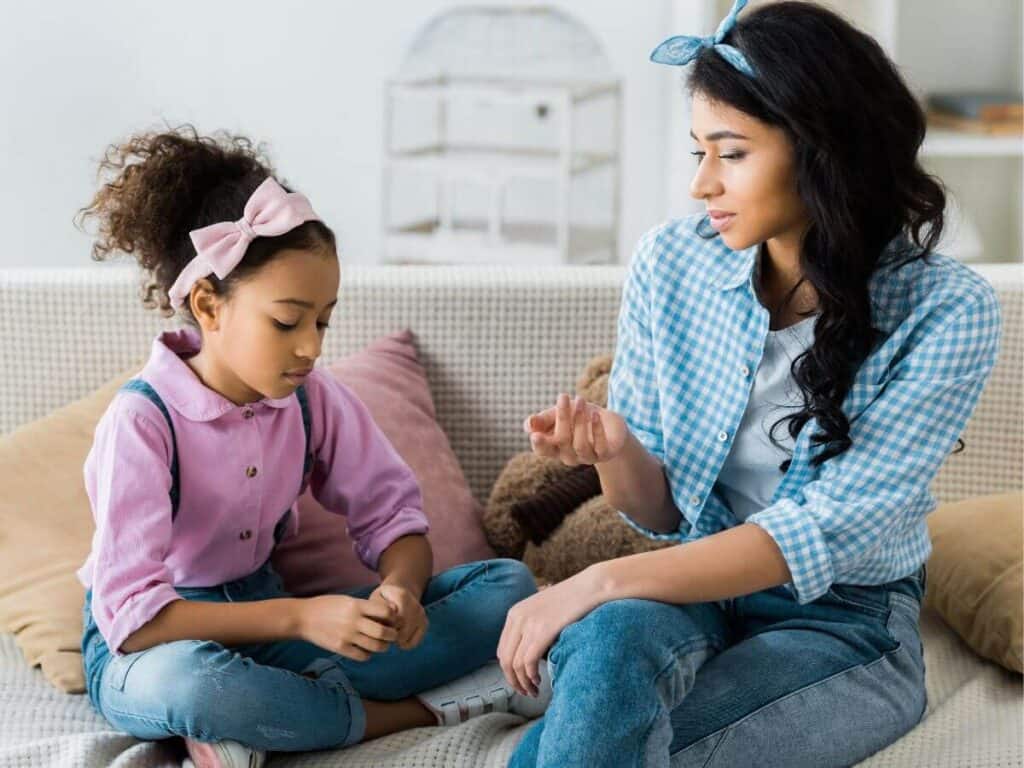
After they’ve heard you say this phrase a few times, they’ll begin using it as well. It’s a great way to avoid conflict and prevent an emotionally-charged situation.
15. Be honest with yourself
This post contains affiliate links. This means if you make a purchase after clicking a link, I will earn a small commission, but it won’t cost you a penny more. Click here to read my full disclosure policy.
Another thing to think about is if yelling is a habit you need to break. If you find that you resort to yelling on a regular basis, it might be something to work on intentionally to break your yelling habit.
One way to get rid of a bad habit is to replace it with a good habit. Atomic Habits by James Clear is a great book to read when you want to understand how to effectively change your habits.
Is all yelling bad?
The short answer is no. In a situation when your child is about to touch a hot stove, pick up a knife, or run out on the road you’d yell at them to stop, and that’s a normal reaction. If you pay attention, you’ll notice that after “protective” yelling you don’t feel the mom guilt as you do after “angry” yelling.
Sometimes we need to use a stern voice with our kids to have them realize that we mean business. Speaking sternly might present as yelling, but it’s not the same. A stern voice doesn’t usually show up as anger, but instead, it shows your resolve and determination.
I’m ready to stop yelling. Now what?
If you want to dive deeper into calm parenting, a good place to start is this article by Dr. Laura Markham. She is the author of Peaceful Parent, Happy Kids.
Dr. Markham has great resources for moms and dads that want to give positive parenting a try and begin cultivating a healthy parent-child relationship. The best part about this type of parenting is teaching kids how to regulate their emotions and become more grounded adults.
And as a bonus, your kids will actually like you and will want to be friends with you as they grow older. Not to mention the mutual respect you’ll have for each other.
Next time you feel that dreaded feeling coming, and if you don’t ever want to hear your child yell back, “Stop yelling at me!”, try one or more of these ideas, and teach yourself to stop resorting to yelling at your kids. Use these tips to bring yourself back to center, and in the process, you will teach your children how to deal with frustration the right way.
You may not always have a glass of water handy, or have the opportunity to step out for 5 minutes. But having a selection of these options to fall back on will arm you for battle against your own frustrated self.
Keep the tips in this post top of mind to help stop the yelling cycle.
We all want happy kids and to be happy and content ourselves. But what if you promised yourself that the last time you yelled would really be the last time, but you couldn’t hold back and yelled at your child again? No one is perfect, we all make mistakes. But trying to be better is what makes you a great mom. Here are the steps you can take after yelling at your child.
“But my child won’t listen until I yell,” you may say. I know how you feel, many mothers struggle with this. For ideas on how to get through to your child without yelling, read How to Get Kids to Listen.
If your kids are the ones yelling and you’re struggling with getting them to settle down, check out this genius parenting hack: How to Get Your Child to Talk Quietly.
If you think you might have a strong-willed child on your hands, read Raising a Strong Willed Child.
Related Posts:
How to prevent and handle toddler tantrums
How to help stop sibling fights
Saying NO to your child in a positive way
Want to remember this article? PIN it to your favorite Pinterest board.
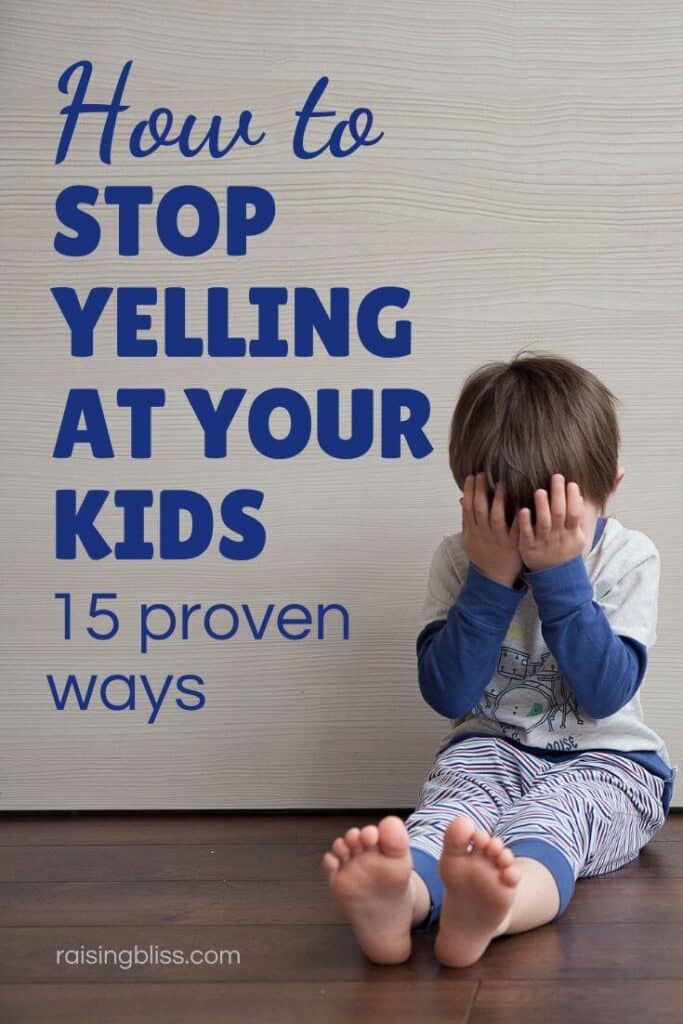


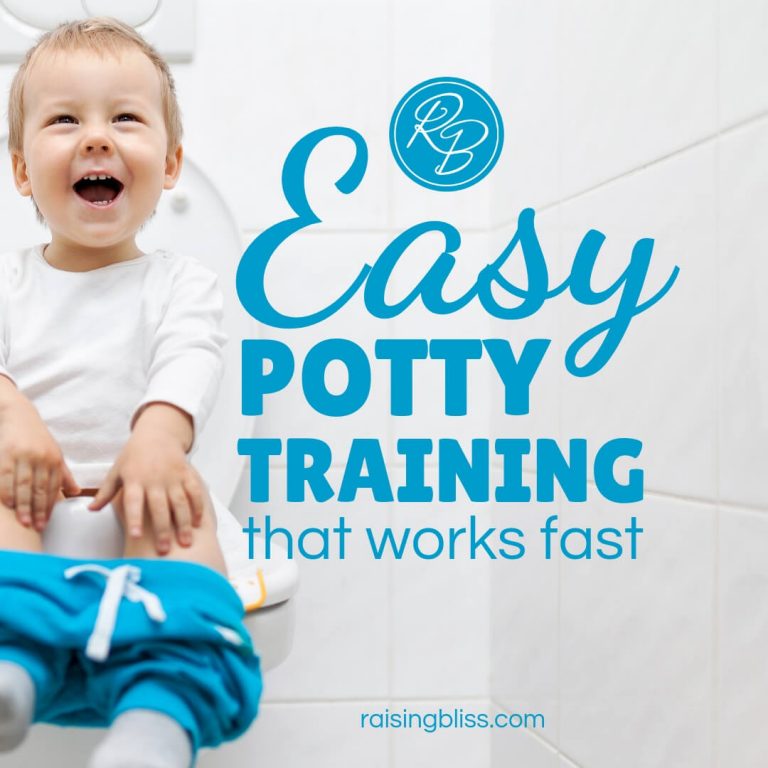
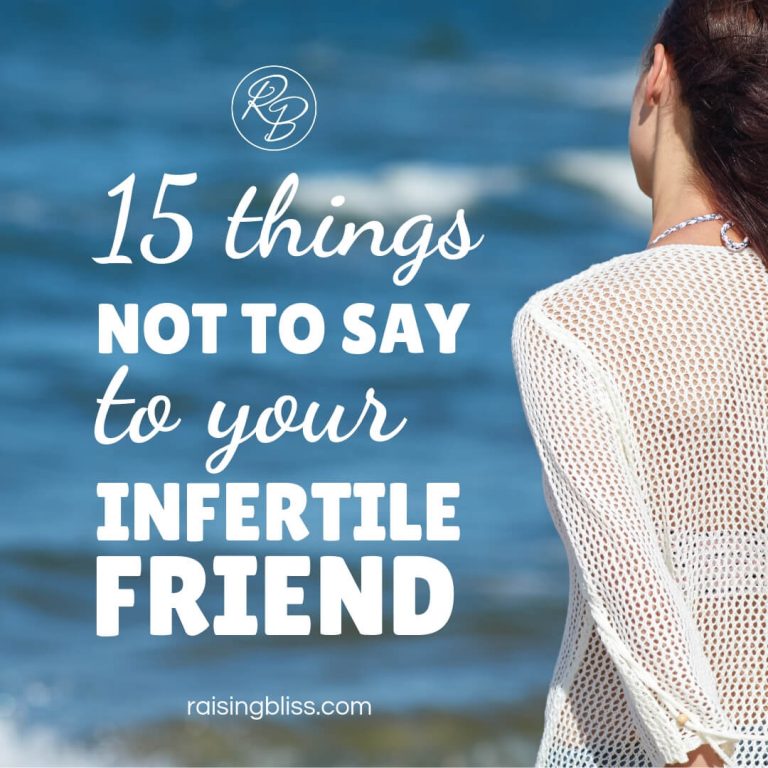

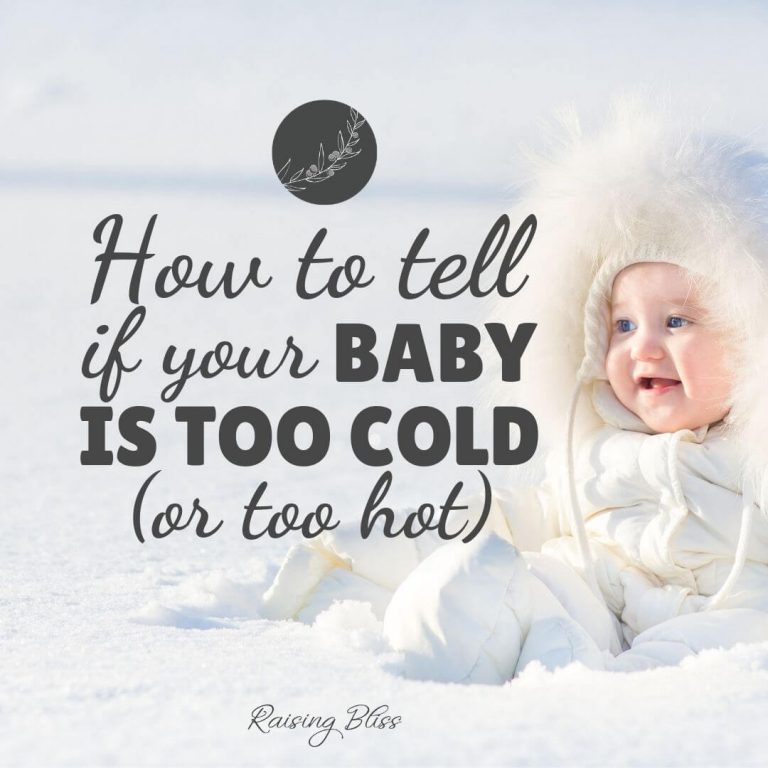
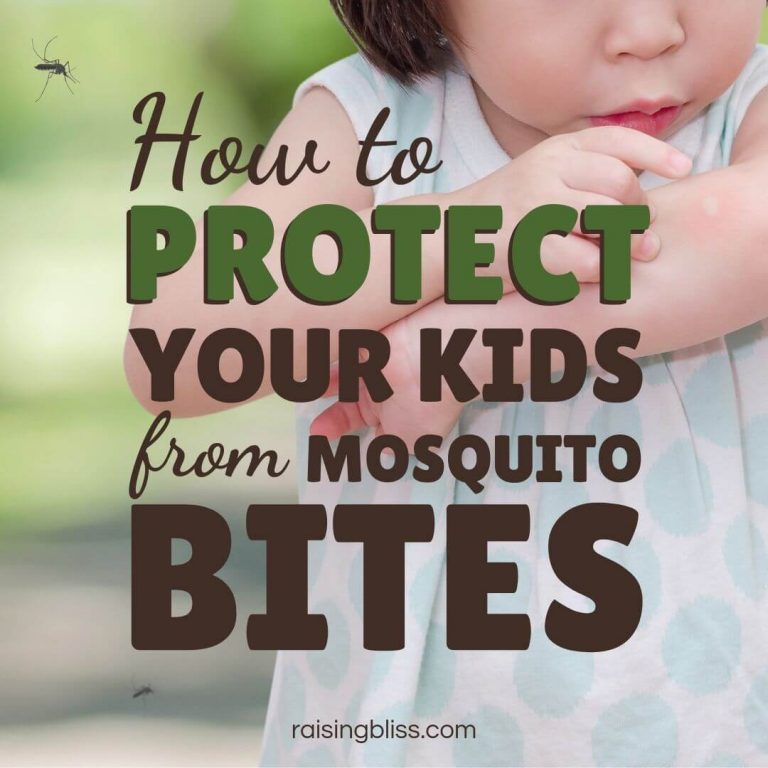
This is an area of motherhood that I still struggle with. I yell sometimes, and then I feel an overwhelm of guilt. Thank you for sharing your tips!
I know how you feel Julia – I sing a lot! ☺️
Useful information, thank you
I’m glad you found it useful, Yashu!
Wonderful piece of wisdom, literally I had tears reading them..thanks Mama ,for sharing
Xoxo
I’m so glad it touched your heart, Surya.❤️
Good tips Larisa. Liked point 6 very much (Block method). I will give it a try. Thanks 🙂
I’m so glad you found them useful Kavya, tip 6 is very practical! I’d love to know how it works for you. 🙂
Im going to have to start doing some of these things because I have realized that I don’t ever hit my kids but I do tend to scream a lot and I feel like it is just as damaging. Thanks I needed this!
Glad this helped, Sandra!
Hi
I shout a lot on my kid but when I realize my mistake then to calm my guilt I play with him and spend quality time with my kid.